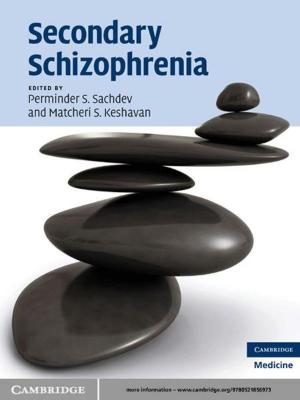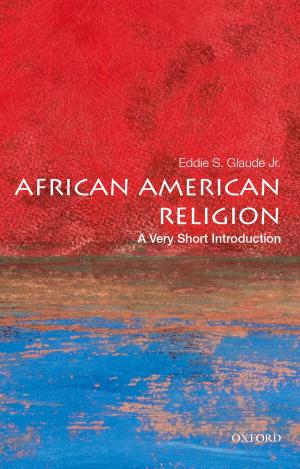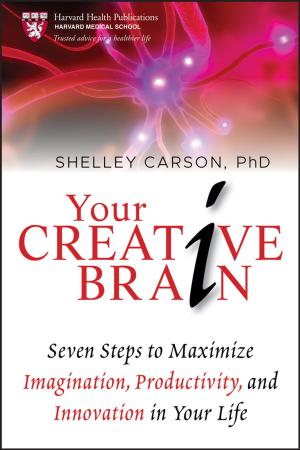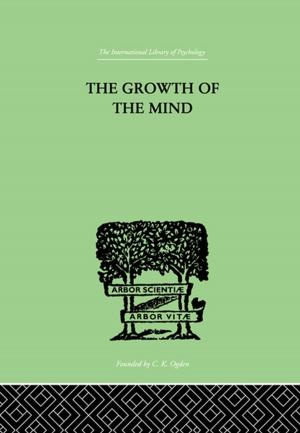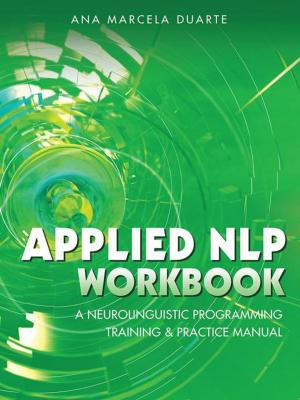Galactic Pilgrim
Nonfiction, Religion & Spirituality, Christianity, Christian Literature, Fiction & Literature, Poetry, Health & Well Being, Psychology| Author: | Daniel Orsini | ISBN: | 9781943691111 |
| Publisher: | Quaternity Books | Publication: | April 1, 2016 |
| Imprint: | Quaternity Books | Language: | English |
| Author: | Daniel Orsini |
| ISBN: | 9781943691111 |
| Publisher: | Quaternity Books |
| Publication: | April 1, 2016 |
| Imprint: | Quaternity Books |
| Language: | English |
These poems, which examine the spiritual as well as the psychological effects of being a Christian, offer an amalgam of diverse yet related influences: John Donne’s “Holy Sonnets”; Alfred, Lord Tennyson’s In Memoriam A.H.H.; and Emily Dickinson’s “Behind me—dips Eternity—.” Another significant source may also be apparent: the sonnet sequences of such Renaissance poets as Edmund Spenser, Sir Philip Sidney, and William Shakespeare. However, although the poems in Galactic Pilgrim generate a sense of thematic sequence, and although—composed of octets with variable rhyme schemes—they proceed in the same stanzaic form, they are, most decidedly, not sonnets. Rather, they are, as samples of formal poetry, what their author prefers to call either “triads” (since each poem contains three stanzas) or “quaternals” (a coinage that underscores the role of the reader as the fourth component, the co-creative entity, that responds to, and intertwines with, each triadic structure). All in all, reflecting key concepts from Jungian psychology and the new physics, these patterned lyrics seek to unfold—through form no less than through content—a unified and coherent philosophic vision steeped in the model life of the Christian Redeemer.
These poems, which examine the spiritual as well as the psychological effects of being a Christian, offer an amalgam of diverse yet related influences: John Donne’s “Holy Sonnets”; Alfred, Lord Tennyson’s In Memoriam A.H.H.; and Emily Dickinson’s “Behind me—dips Eternity—.” Another significant source may also be apparent: the sonnet sequences of such Renaissance poets as Edmund Spenser, Sir Philip Sidney, and William Shakespeare. However, although the poems in Galactic Pilgrim generate a sense of thematic sequence, and although—composed of octets with variable rhyme schemes—they proceed in the same stanzaic form, they are, most decidedly, not sonnets. Rather, they are, as samples of formal poetry, what their author prefers to call either “triads” (since each poem contains three stanzas) or “quaternals” (a coinage that underscores the role of the reader as the fourth component, the co-creative entity, that responds to, and intertwines with, each triadic structure). All in all, reflecting key concepts from Jungian psychology and the new physics, these patterned lyrics seek to unfold—through form no less than through content—a unified and coherent philosophic vision steeped in the model life of the Christian Redeemer.

